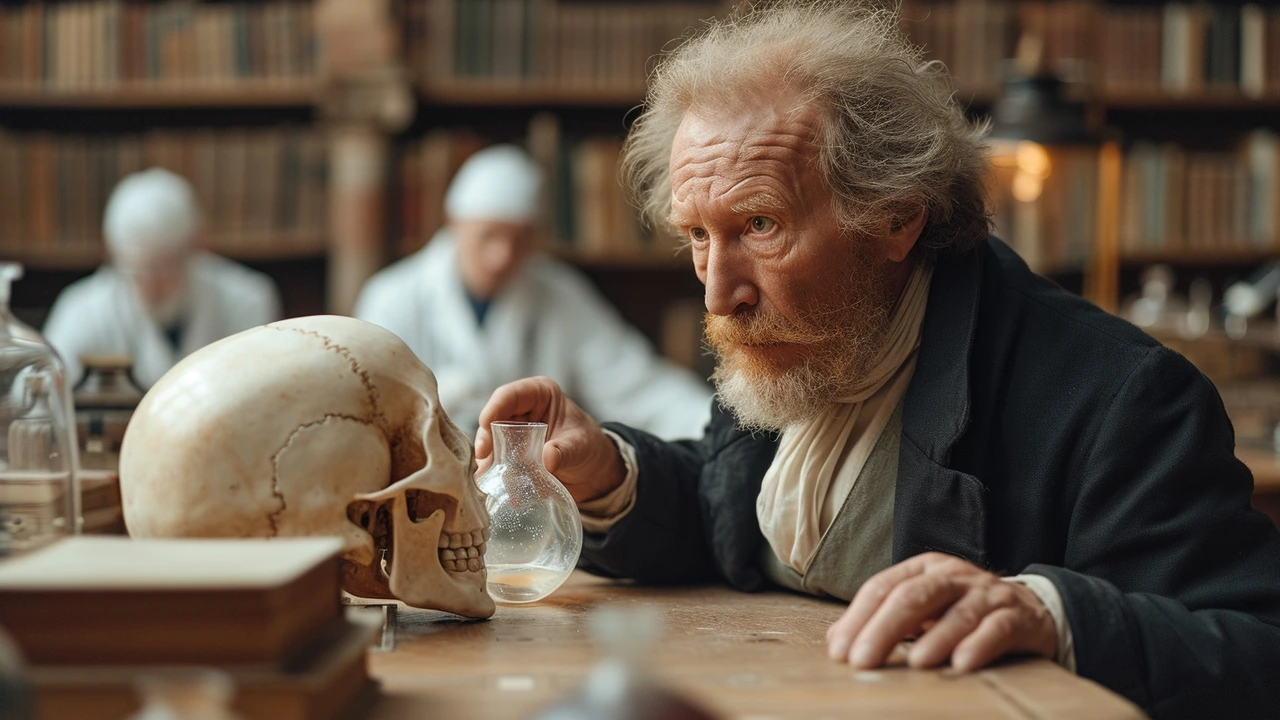Revolutionizing Healthcare: The Renaissance's Lasting Impact on Medicine
 Jan, 27 2024
Jan, 27 2024
Introduction to the Renaissance's Influence on Medicine
The Renaissance, often celebrated for its contributions to art and literature, was also a period of significant progress in the field of medicine. As Europe emerged from the shadows of the Middle Ages, a renewed interest in the works of ancient scholars ignited a spirit of inquiry that propelled medical science into new territories. With the invention of the printing press, medical knowledge became more accessible, fostering an environment where ideas could flourish. This epoch didn't just nudge medicine along a linear path of progress; it essentially revolutionized how health and disease were understood, studied, and treated.
Rediscovery of Ancient Texts and Their Impact
The Renaissance's hallmark was perhaps its reconnection with the wisdom of the ancient world. Physicians and scholars, driven by curiosity and a deep respect for the classics, began to seek out, translate, and study ancient medical texts. This endeavor wasn't merely academic; it challenged the existing medical dogmas that were largely influenced by medieval thought, which often intertwined health with spirituality and superstition. The rediscovery of works by Galen, Hippocrates, and Avicenna introduced a more empirical approach to medicine, emphasizing observation and the study of the human body.
Advancements in Anatomical Knowledge and Surgery
The renewed focus on the human body led to unprecedented advancements in anatomical knowledge. This era's most iconic figure, Andreas Vesalius, challenged the inaccuracies of Galen's anatomical model, which had gone uncontested for centuries. Through meticulous dissections and observations, Vesalius's work, De Humani Corporis Fabrica, unveiled a more accurate representation of human anatomy, fundamentally altering the field of medicine. This surge in anatomical understanding also propelled advancements in surgery, shifting it from a practice often equated with butchery, to a more respected and precise science.
Introduction of Medical Observations and Documentation
With the Renaissance came the birth of the modern clinical approach in medicine. Medical practitioners began to keep detailed records of their observations and treatments, a practice that was almost non-existent in earlier times. This methodical approach allowed for the accumulation of a wealth of knowledge that could be shared and built upon. The detailed observation of symptoms and the effects of treatments laid the groundwork for evidence-based medicine, moving away from a reliance on speculative theories.
Impact of the Printing Press on Medical Knowledge
The invention of the printing press by Johannes Gutenberg in the 15th century was a watershed moment for medicine, as it was for many other fields. For the first time, medical texts could be reproduced and disseminated widely, breaking the monopoly of knowledge held by a select few. This democratization of information accelerated the spread of innovative ideas and treatments, making medical knowledge more accessible to practitioners and scholars across Europe. The printing press not only facilitated the spread of the Renaissance's medical advancements but also fostered a culture of debate and inquiry essential for scientific progress.
The Renaissance's Enduring Influence on Modern Healthcare
Though centuries have passed since the Renaissance, its impact on medicine is unmistakable and enduring. The period's innovations laid the groundwork for many aspects of modern healthcare, from the importance we place on anatomical knowledge in medical education, to the empirical methods that underpin our scientific research. It instilled a spirit of inquiry and skepticism that continues to drive medical advancements today. As we look to the future of healthcare, embracing the curiosity and pioneering spirit of the Renaissance could well be the key to facing the challenges that lie ahead.